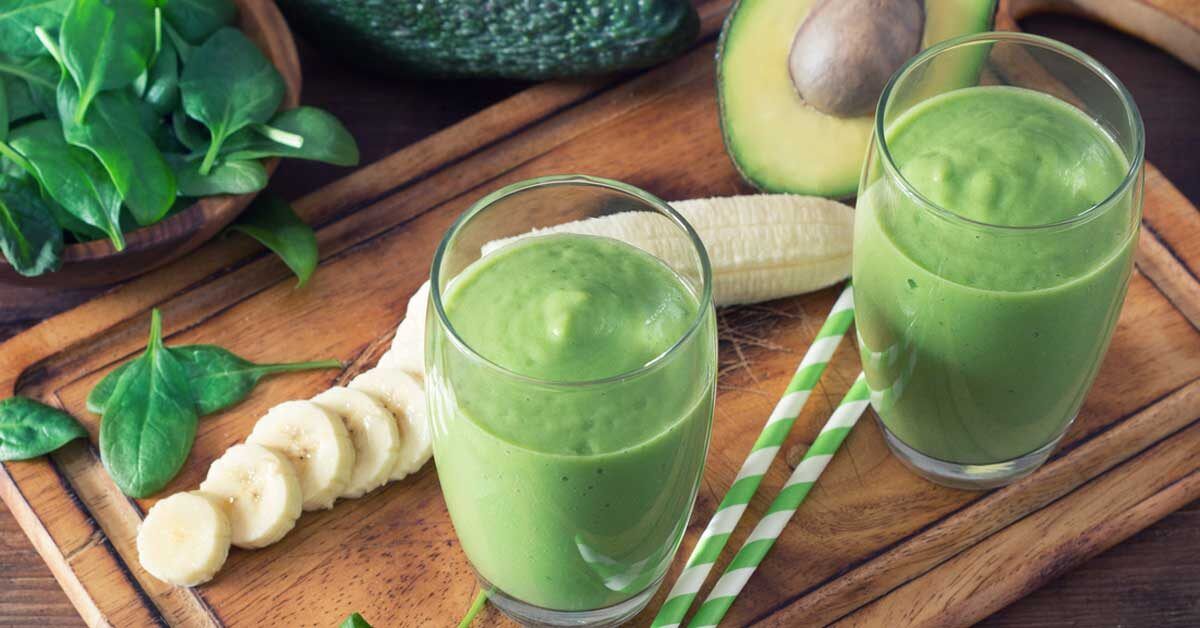6 Simple Ways to Reduce Water Retention
What is Water Retention?
Water retention, also known as edema or fluid retention, occurs when excess fluids build up in your body. This can cause swelling in your ankles, feet, hands, and legs, as well as discomfort and bloating. Water retention can be caused by a variety of factors, including hormonal changes, lack of physical activity, chronic kidney disease, and certain medications.
Dietary and Lifestyle Changes to Reduce Water Retention
Making certain dietary and lifestyle changes may help reduce water retention and promote fluid balance. These include:
### 1. Increase Your Potassium Intake
Potassium is an essential mineral that helps regulate fluid balance in the body. Foods rich in potassium include bananas, avocados, and leafy green vegetables. You can also take potassium supplements if necessary.
### 2. Limit Sodium Intake
Sodium can cause water retention by increasing fluid volume in the body. Limit your sodium intake by avoiding processed foods and seasonings. You can also use herbs and spices to add flavor to your food instead of salt.
### 3. Eat More Fiber-Rich Foods
Fiber-rich foods such as whole grains, fruits, and vegetables can help regulate digestion and reduce water retention. Aim to include a variety of fiber-rich foods in your diet each day.
### 4. Drink Plenty of Water
Drinking enough water is essential for overall health, including regulating fluid balance in the body. Aim to drink at least eight glasses of water per day, and adjust your intake based on your individual needs.
### 5. Get Enough Exercise
Regular exercise can help improve circulation and reduce water retention. Aim for at least 30 minutes of moderate-intensity exercise per day.
### 6. Manage Stress
Stress can cause water retention by releasing hormones that increase fluid production in the body. Practice stress-reducing techniques such as meditation, deep breathing, and yoga to help manage stress.
The Role of Magnesium in Reducing Water Retention
Magnesium is a mineral that plays a crucial role in regulating fluid balance in the body. Magnesium deficiency can lead to water retention, as the body may retain fluids in an attempt to compensate for the lack of magnesium.
Incorporating magnesium-rich foods such as dark leafy greens, nuts, and seeds into your diet may help reduce water retention. You can also take magnesium supplements if necessary.
The Role of Vitamin B6 in Reducing Water Retention
Vitamin B6 is a nutrient that plays a role in regulating fluid balance in the body. Vitamin B6 deficiency can lead to water retention, as the body may retain fluids in an attempt to compensate for the lack of vitamin B6.
Incorporating vitamin B6-rich foods such as chicken, fish, and whole grains into your diet may help reduce water retention. You can also take vitamin B6 supplements if necessary.
Dandelion Root: A Natural Diuretic
Dandelion root is a natural diuretic that may help reduce water retention. The root of the dandelion plant has been used for centuries to treat a variety of ailments, including water retention.
You can add dandelion root to your diet by drinking dandelion root tea, or by taking dandelion root supplements.
Conclusion
Water retention is a common problem that can be caused by a variety of factors, including hormonal changes, lack of physical activity, chronic kidney disease, and certain medications. Making dietary and lifestyle changes, such as increasing potassium intake, limiting sodium intake, eating more fiber-rich foods, drinking plenty of water, getting enough exercise, and managing stress, may help reduce water retention and promote fluid balance. Additionally, incorporating magnesium-rich foods, vitamin B6-rich foods, and dandelion root into your diet may also help reduce water retention.
FAQs
Q: What are the symptoms of water retention?
A: The symptoms of water retention include swelling in the ankles, feet, hands, and legs, as well as discomfort and bloating.
Q: What are the causes of water retention?
A: The causes of water retention include hormonal changes, lack of physical activity, chronic kidney disease, and certain medications.
Q: How can I reduce water retention?
A: You can reduce water retention by making dietary and lifestyle changes, such as increasing potassium intake, limiting sodium intake, eating more fiber-rich foods, drinking plenty of water, getting enough exercise, and managing stress.
Q: Are there any supplements that can help reduce water retention?
A: Yes, there are several supplements that may help reduce water retention, including magnesium, vitamin B6, and dandelion root.
Q: How can I tell if I have water retention?
A: You may have water retention if you experience swelling in your ankles, feet, hands, and legs, as well as discomfort and bloating.
Recommended Products:
-
Sale!

Jocko Fuel Greens Powder (Coconut/Pineapple Flavor) – Organic Greens & Superfood Powder for Healthy Green Juice – Keto Friendly with Spirulina, Chlorella, Digestive Enzymes, & Probiotics – 30 Servings
Original price was: $52.99.$43.79Current price is: $43.79. Buy Now -

Performance Inspired Nutrition – Turmeric Curcumin All-Natural Capsules – Joint Support – 60 Count
$21.99 Buy Now -

NOW Sports Nutrition, Tribulus (Tribulus terrestris) 1,000 mg, Double Strength, Men’s Health, 180 Tablets
$22.45 Buy Now



